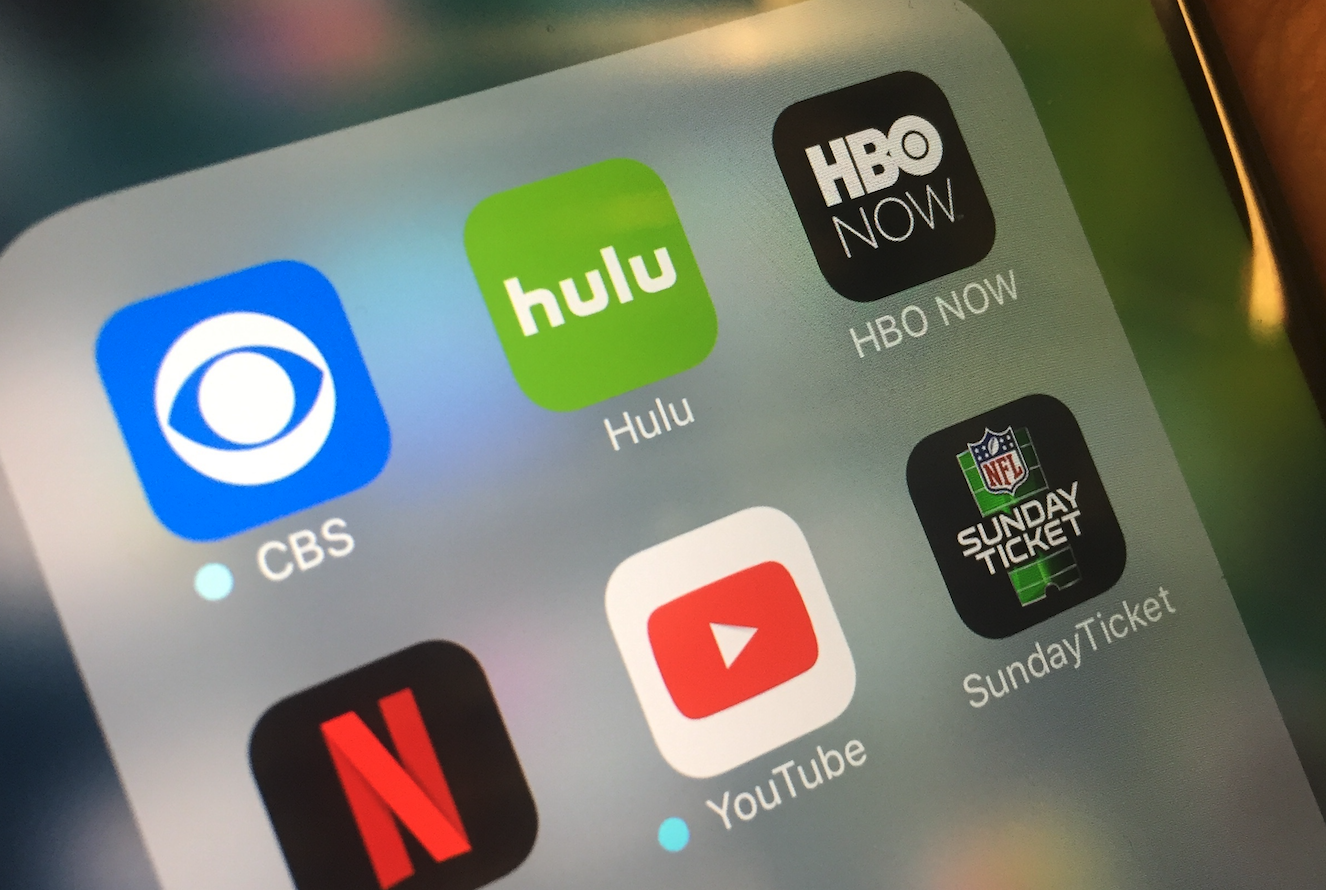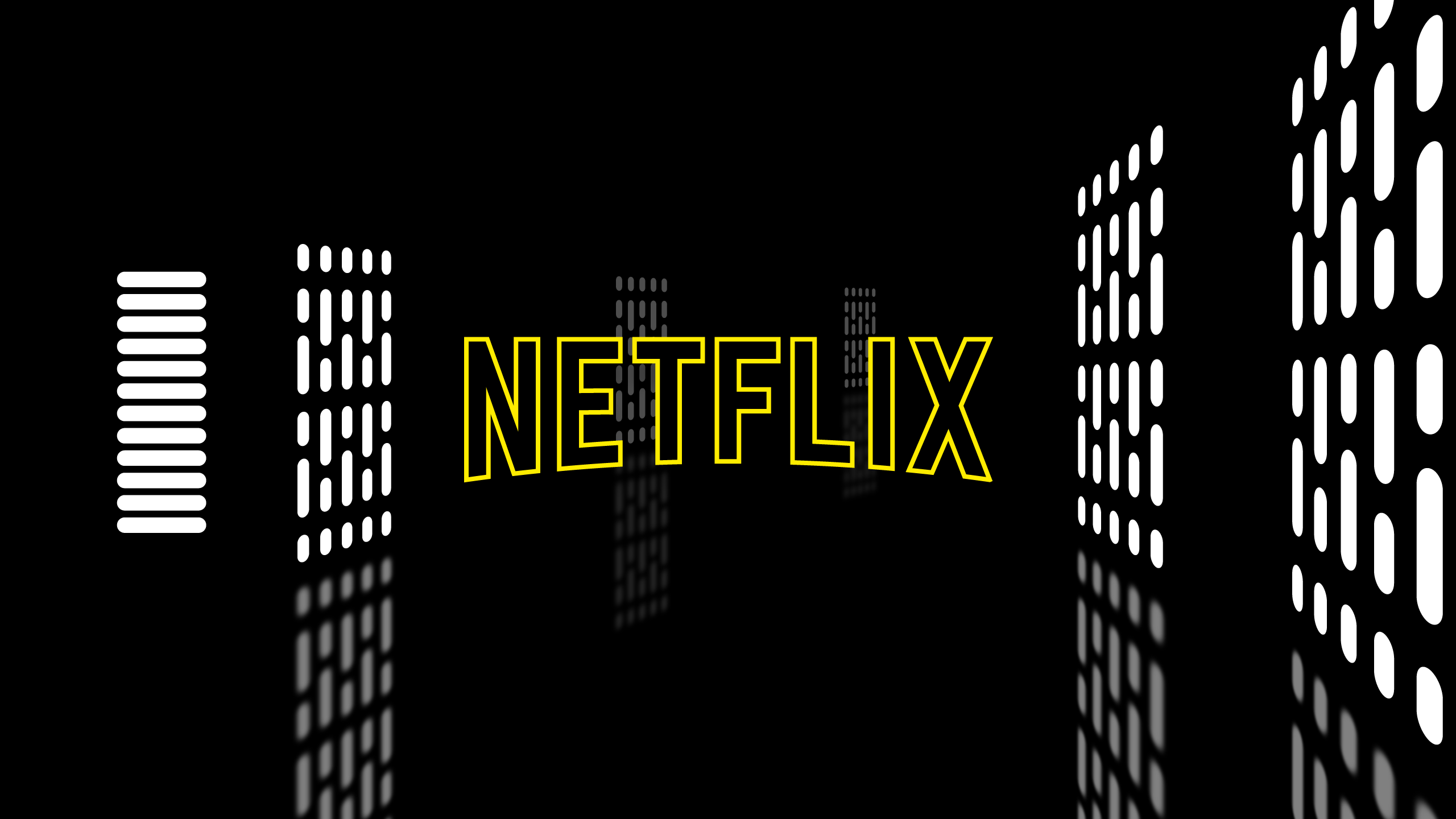With 4.6 billion pieces of content produced daily, it might seem that our hunger for knowledge should be satisfied — but information production and distribution is not the same as consumption and it’s not as simple as just putting information out there.
The problem is that we are drowning in content — but are starving for knowledge and insights that can help us truly be more productive, collaborative and innovative.
When we want to acquire useful knowledge, we have to search the web broadly, find experts by word-of-mouth and troll through various poorly designed internal document sharing systems. This method is inefficient.
There should be a better solution that helps users find what they need. Such a solution would adapt to the user’s needs and learn how to make ongoing customized recommendations and suggestions through a truly interactive and impactful learning experience.

Borrowing from the Entertainment Industry to Make Learning Easier
Before Netflix, Spotify, Reddit and similar curated content apps, you had to go to numerous sources to find the shows, music, news and other media you wished to view. Now, the entertainment and media you actually want to consume is easily discoverable and personalized to your interests.
In many ways the entertainment model is a good framework for knowledge management and learning development applications.
The solution for the learning and development industry would be a platform that can make education more accessible and relevant — something that allows us to absorb and spread knowledge seamlessly. Just as Netflix delivers entertainment we want at our fingertips, the knowledge and learning we need should be delivered where and when we need it.
The good news is that technologies are emerging to accomplish this. Using artificial intelligence (AI) and machine learning, solutions can now aggregate, curate and personalize learning processes and content.
Company Success Depends on Having a Great Learning Culture
“An organization’s ability to learn, and translate that learning into action rapidly, is the ultimate competitive advantage,” says former GE CEO Jack Welch.
Based on the data, it is clear that Welch is correct. In high-performing organizations, employees are four times more likely to share newly acquired knowledge with co-workers, per Kevin Oakes, CEO of Institute of Corporate Productivity (I4CP).
It’s essential that employers create a learning culture — one in which knowledge is more freely acquired, absorbed and exchanged. To do this, we need to deal with internal and external hurdles:
- Internally, tacit knowledge is sitting inside the minds of your subject matter experts (SMEs). These experts should be easy to find and easy to engage based on their reputation and areas of expertise. There should also be a way for internal experts to publish important knowledge quickly, clearly and share it with everyone who needs it in the organization easily.
- Externally, there is content everywhere, but it is difficult to know what content is good, authoritative and relevant. This requires new ways to gather external content that are applicable and useful — and safe — for employees to consume.
A big part of the solution to these internal and external challenges is for organizations to embrace technology that does not just aggregate, curate and customize learning content but also allows for the quick creation of content. This is how a truly efficient learning culture is built.

What the Netflix of Knowledge Will Look Like
New AI-driven platforms will deliver the content your knowledge workers need at the right time and place. The ideal learning and development solutions will use the following solutions to help accomplish this goal:
- Aggregation: Optimal solutions will gather relevant content in one place, from a company’s Learning Management System (LMS) and intranet to external providers and other preferred resources.
- Curation: Using AI and machine learning will be key to curate relevant and contextual content to your team at the right time and at the point of need.
- Personalization: Ideal solutions will make increasingly personalized recommendations for learning content to suit your needs, based on the analysis of many factors.
- Creation: Your small and medium-sized businesses have tacit knowledge that must be unlocked. The best approach will allow your organization to release and build your own content libraries quickly and conveniently.
With as much as half of all current jobs going away in the next 10-12 years, let’s adopt the following mission: making learning accessible and feasible for every single employee.
This will be the democratization of knowledge at your company. With personalized micro-learning and internal and external content more accessible than ever, let’s redouble our efforts to give our employees the skills and knowledge to thrive, which would have previously been time-consuming or impossible to obtain.
In the end, let’s use AI and machine learning to help advance our employees’ learning and career paths — and not to replace them.
